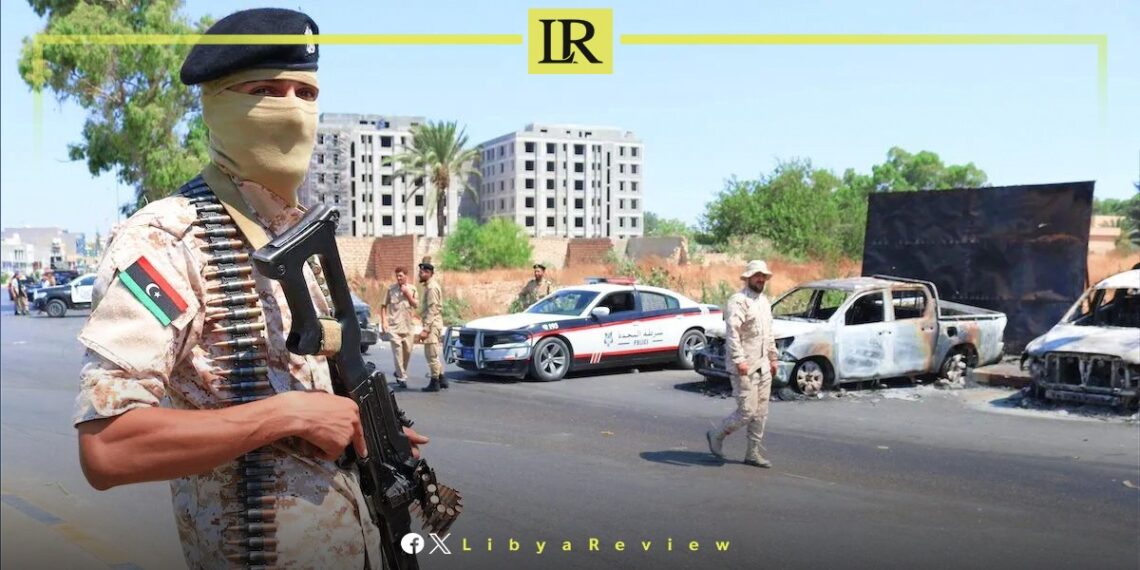On Tuesday, Political analyst Kamel Al-Maraash highlighted the severe economic and social conditions currently experienced by most Libyans, a situation that became particularly evident in the days leading up to Eid al-Adha.
According to Al-Maraash, these hardships reflect the ongoing political division and continued stagnation in the political scene, which has hindered the conduct of elections.
In press statements, Al-Maraash told Asharq Al-Awsat, “Everyone in Eastern, Western, and Southern Libya has suffered from rising prices and cash shortages in banks and exchange companies, which saw long queues in the days before the holiday.”
He pointed out that there are “fears” among the residents of western Libya, particularly in Tripoli, about the potential for new tensions to arise in the coming days among the armed factions stationed there.
These factions frequently engage in conflicts to control areas of influence, which has affected holiday celebrations. He recalled the clashes that erupted unexpectedly two months ago in a densely populated area where people were celebrating the second day of Eid al-Fitr.
The political analyst added that everyone on the Libyan scene “is well aware that the only hope for resolving the issue of these factions lies in ending the division and unifying the military and security institutions, given the increasing influence, numbers, and armament.”
Al-Marash also noted that a significant number of residents were deprived of spending Eid al-Adha in Tunisia, as they had done in previous years. This was due to the restricted reopening of the Ras Ajdir border crossing between the two countries, which is currently limited to urgent humanitarian and diplomatic cases only until the 20th of this month.
Since the 2011 uprising that ousted Muammar Gaddafi, Libya has been mired in conflict and political fragmentation. Numerous armed groups vie for power and control over different regions, often aligning with either the Government of National Unity (GNU) in Tripoli or the Libyan National Army (LNA) in the east, led by Field Marshal Khalifa Haftar. The lack of a unified government and the presence of competing administrations have exacerbated the instability.
The economic situation in Libya has been dire, with inflation and a cash crisis making daily life increasingly difficult for ordinary citizens. The country’s vast oil wealth has done little to alleviate these issues due to mismanagement, corruption, and the ongoing conflict disrupting production and export.
The periodic clashes in Tripoli are a stark reminder of the fragile peace that exists in the city. These conflicts often result in civilian casualties and significant disruption to daily life, undermining efforts to restore stability and rebuild the nation.


